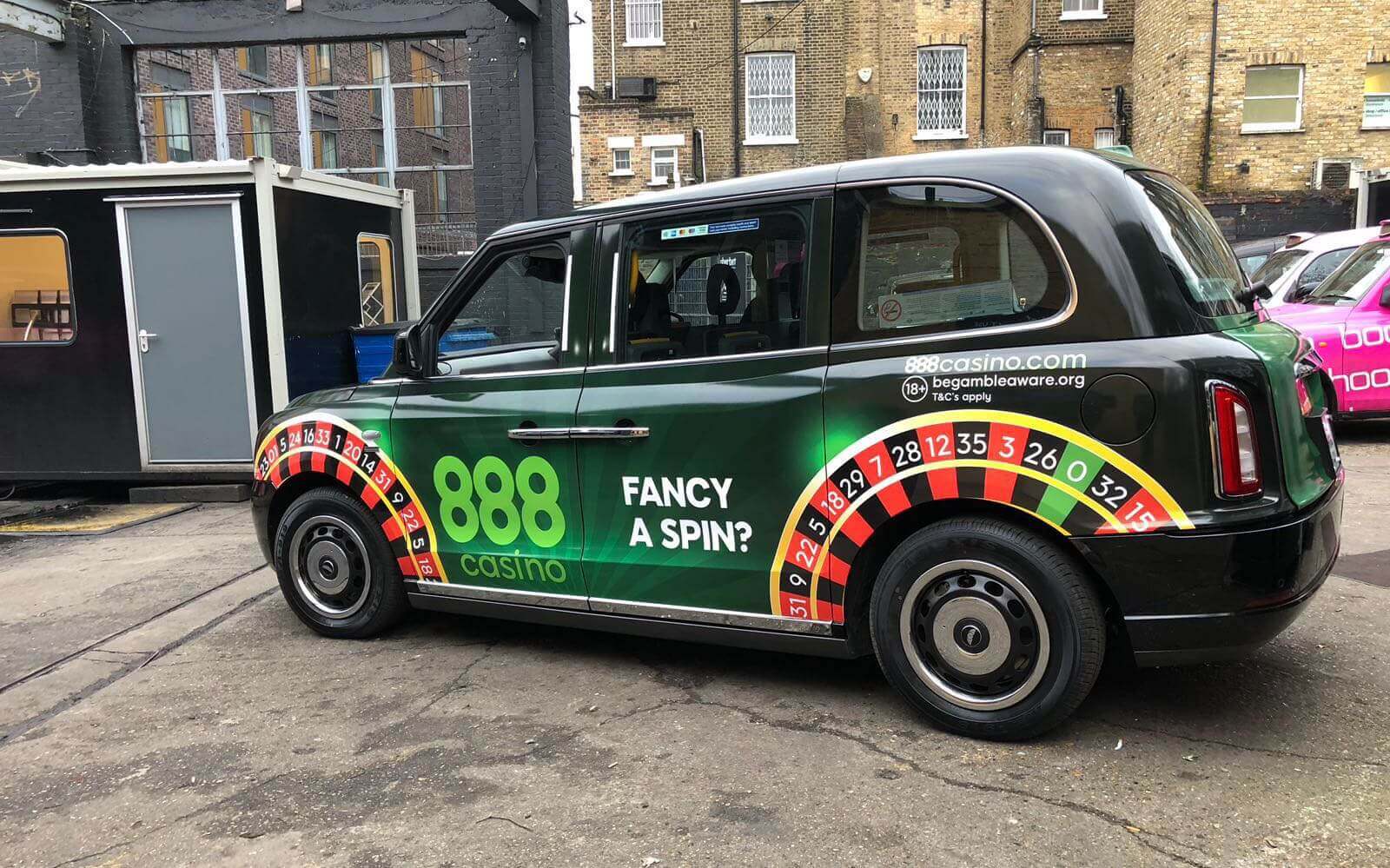London’s iconic transport network has recently been embroiled in controversy over advertisements from online casino giant 888. com. Following public outcry and criticism, the company withdrew some of its ads. Let’s delve into the details of this heated debate and the implications for Londoners.
The Backlash
The ads, featuring slogans like “This carriage is now a casino” and “Fancy a spin?”, ignited a firestorm of public concern. Susan Hall, Sadiq Khan’s Conservative rival in the mayoral race, voiced her bewilderment over Transport for London’s (TfL) acceptance of the campaign. She joined a chorus of critics questioning TfL’s decision, given their history of blocking ads for items considered unhealthy, such as cheese and strawberries and cream.
888.com’s Response
888.com confirmed they would withdraw some ads regarding the backlash. A spokesperson stated, “We continuously listen to feedback regarding the effectiveness of our advertising campaigns and acknowledge that, whilst fully compliant with all advertising regulations and standards, our latest campaign could be interpreted differently to the brand position we aim for.”
Expert Criticism
Prof Henrietta Bowden-Jones, overseeing the National Problem Gambling Clinic, expressed deep concern upon seeing the ads. A group of peers from the House of Lords also weighed in, criticizing the “aggressive” nature of the campaign, which they believed contradicted Sadiq Khan’s manifesto pledge to ban gambling ads on TfL.
Policy Review and Future Considerations
TfL’s decision to allow gambling ads comes amidst ongoing policy reviews and public scrutiny. With over 80 councils across the UK taking action to restrict gambling advertising, the debate over the appropriateness of such promotions continues. The outcome of London’s mayoral race may also influence future decisions regarding advertising regulations on TfL.
Conclusion
The withdrawal of 888.com’s ads marks a turning point in the ongoing debate surrounding gambling advertising on London’s transport network. As stakeholders grapple with issues of public health, corporate responsibility, and regulatory oversight, the future of this controversy remains shrouded in uncertainty. Only time will reveal how Londoners’ attitudes towards gambling ads and their impact on public spaces will evolve in the future.
